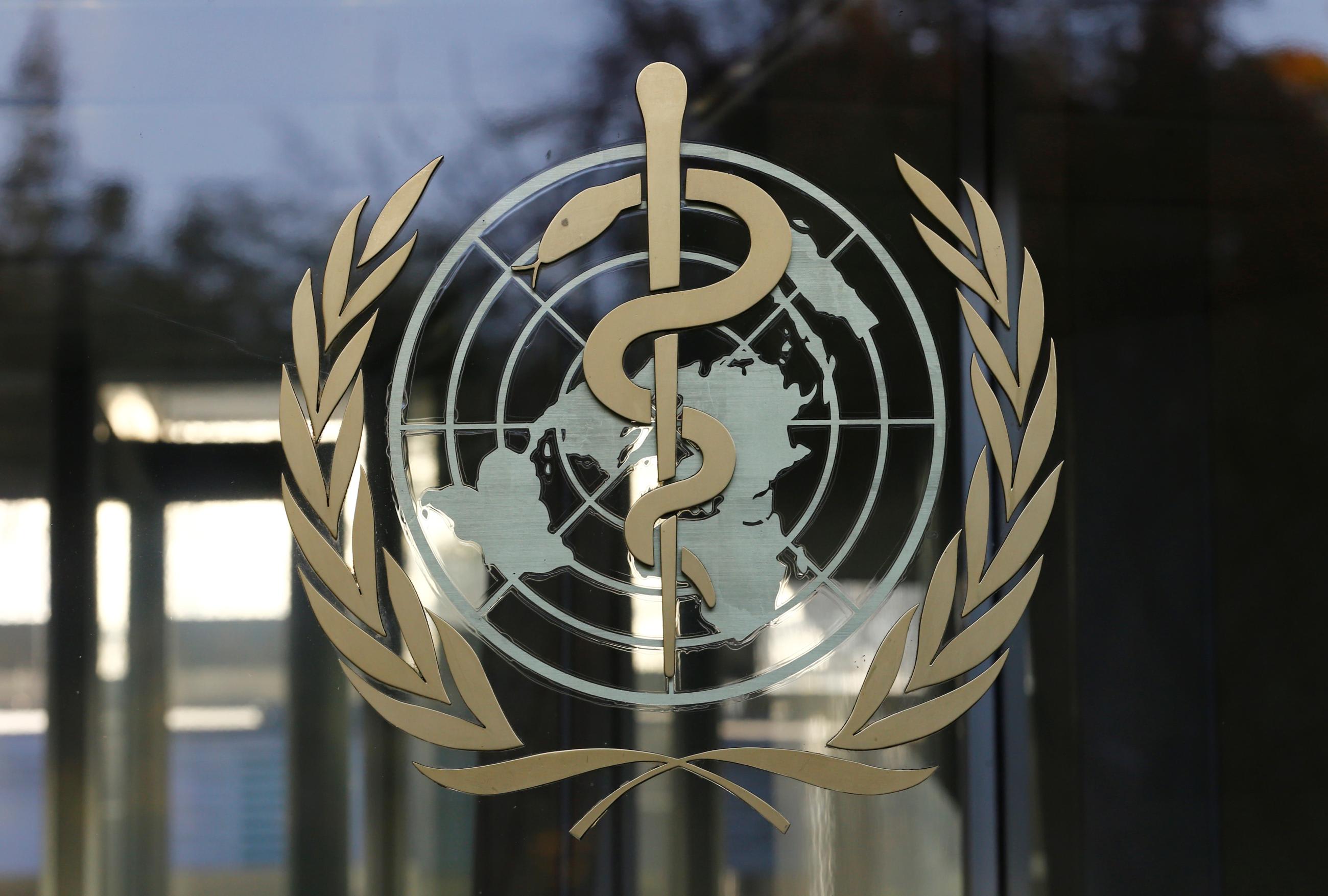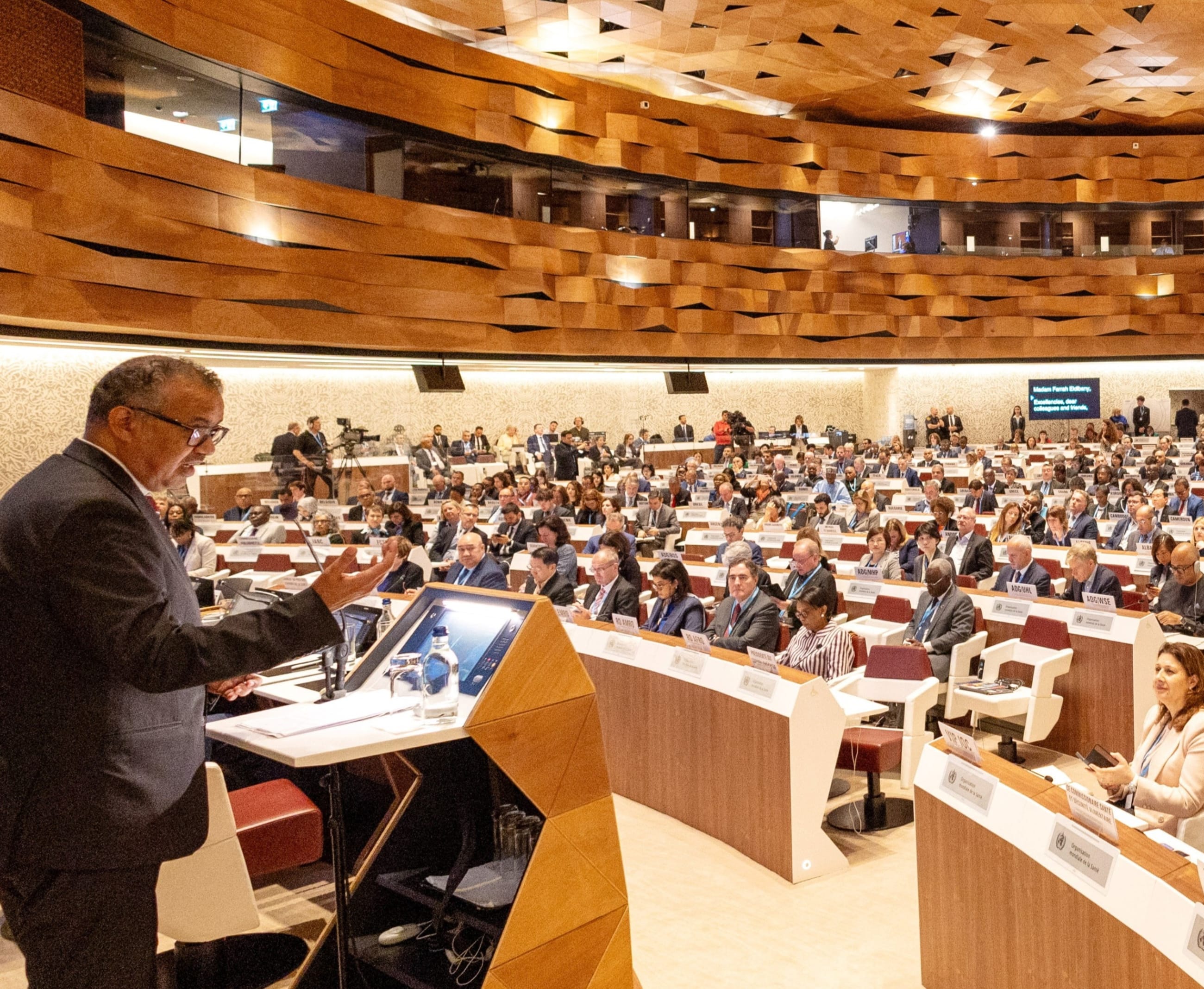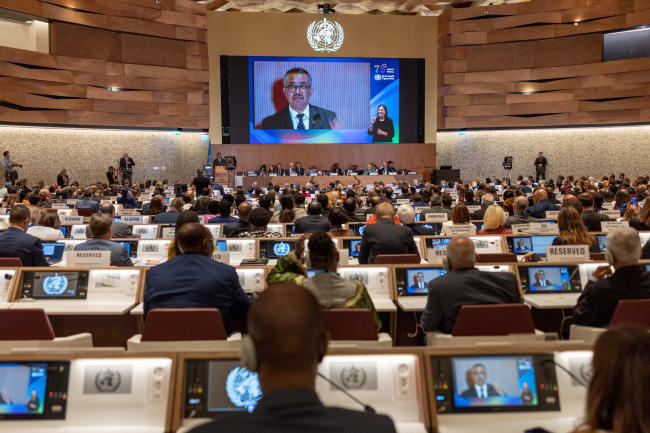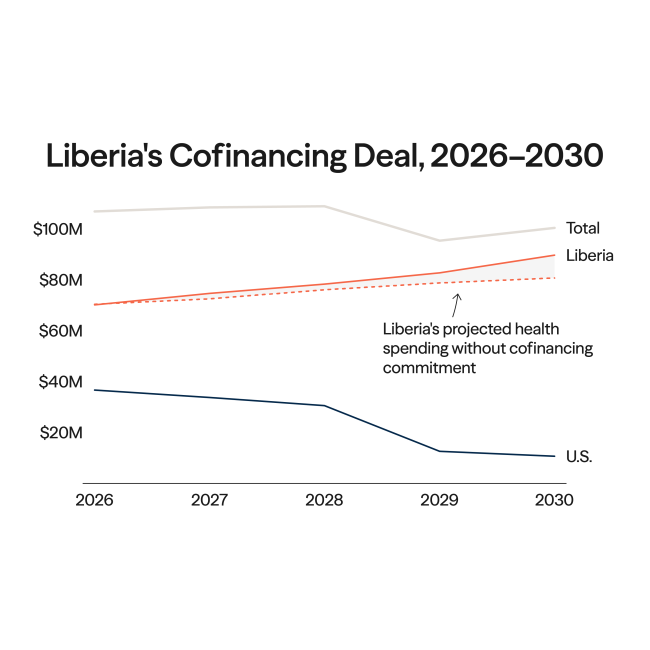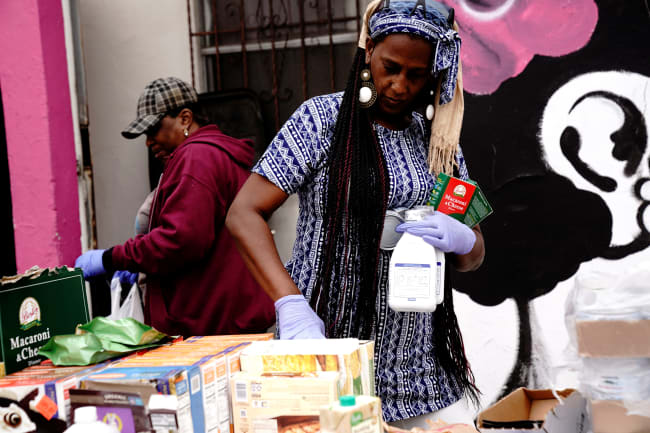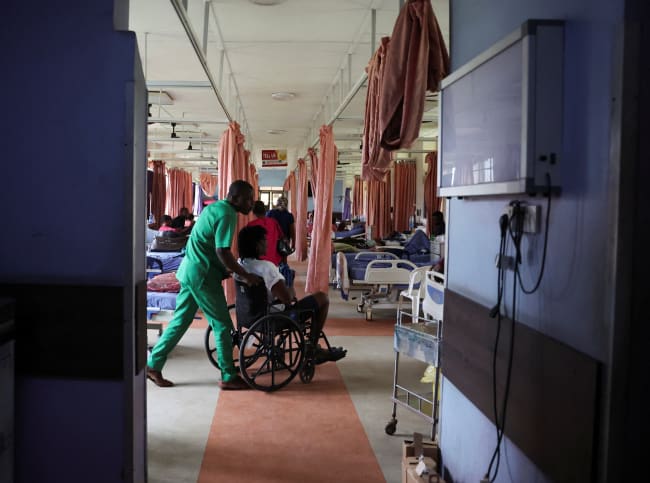The seventy-seventh World Health Assembly (WHA) announced on June 1 that it had reached consensus over amendments to the International Health Regulations (IHR) on the last day of its annual meeting in Geneva.
Changes to the legally binding policy—or instrument—have been negotiated by World Health Organization (WHO) member states over the past two years alongside but separately from a proposed pandemic agreement. The passage of a new IHR marks a key moment for global health governance coming out of the weak multilateral response observed during the COVID-19 pandemic.
During his final remarks on Saturday following a week of sleep-deprived nights, WHO Director-General Tedros Adhanom Ghebreyesus declared to his colleagues, "you have made history here today. . . . You have strengthened the cornerstone of international health law."
What Are the International Health Regulations?
A legal agreement adopted by all 194 member states of the WHO, the IHR—which establish definitions and rules for countries to respond to and communicate on public health emergencies of international concern (PHEIC)—were last revised in 2005 after the outbreak of SARS.
You have made history here today. . . . You have strengthened the cornerstone of international health law
Tedros Adhanom Ghebreyesus, director-general, WHO
Although the IHR set obligations for member states to report international health threats to the WHO and collaborate to ensure that countries have the surveillance capacity to detect and respond to PHEICs, they were criticized during COVID-19 to be inadequate for internationally coordinating a pandemic response. Concerns over the IHR included the lack of their implementation by member states and the WHO's delayed evaluation of the COVID-19 outbreak as a health threat.
In 2022, WHO member states established the Working Group on the International Health Regulations (WGIHR) to negotiate new amendments to the IHR. After considering more than 300 proposals for amendments over eight negotiating sessions, WGIHR representatives reached a tentative agreement on a text on May 18 for consideration by the WHA to adopt at its meeting, which ran from May 27 to June 1.
Final Controversy
Final negotiations over the IHR at the WHA took all week in a described "desperate race" to reach an agreement. Part of the holdup was due to the failure of WHO member states to reach a consensus over the Pandemic Agreement—a new legal instrument negotiated in parallel to the IHR amendments that has been largely aimed at boosting equitable and sustainable access to pandemic countermeasures such as vaccines and diagnostics—by the start of the WHA.
Reports suggested that the Africa Group was not interested in finalizing the IHR without the guarantee of a finished Pandemic Agreement by the end of 2024. Meanwhile, the United States and its peers pushed for the IHR and a longer time frame of one to two years to complete Pandemic Agreement negotiations on the basis of "fundamental differences" remaining "on core issues central to the agreement."
Along with clarifying unsettled definitions of health emergencies and relevant health products, final controversy remained last week over equity and financing like with the Pandemic Agreement. Low- and middle-income countries pushed for a new fund to cover IHR responsibilities and implementation, but the United States and some of its wealthy peers resisted.
The New Amendments
The WHO press release on Saturday highlighted several "critical" amendments in the approved IHR, as well as its decision to finish negotiations over the Pandemic Agreement "within a year, by the World Health Assembly in 2025, or earlier if possible at a special session of the Health Assembly in 2024."
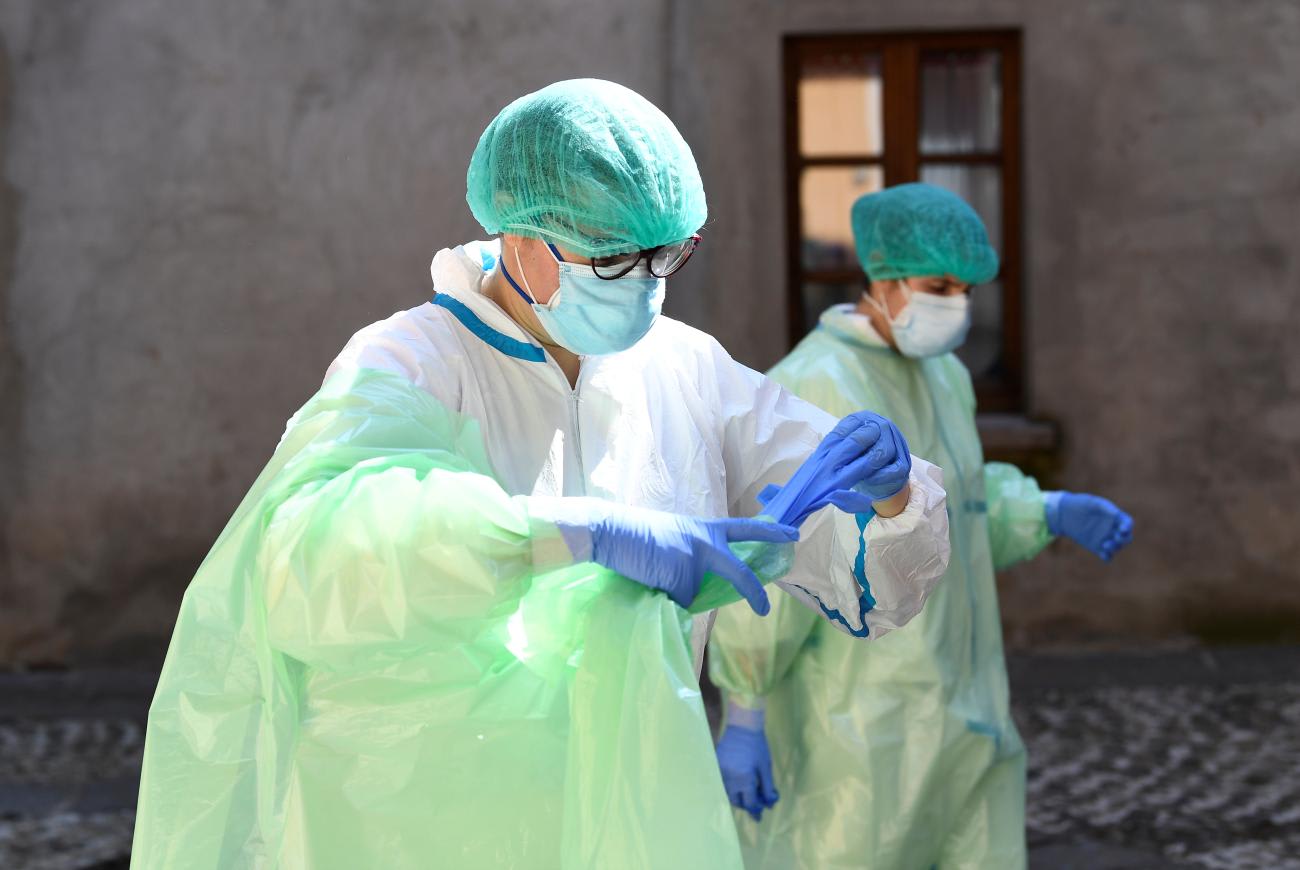
Defining a "pandemic emergency." When COVID-19 emerged, the IHR did not define a "pandemic," and the WHO and its member states were slow to respond to the outbreak. The text now introduces the definition of a "pandemic emergency" to increase the alarm to a level higher than a PHEIC, prompting its own designation and response by the WHO.
Establishing a Coordinating Financial Mechanism. Part of the IHR's failure during the COVID-19 pandemic was the lack of funding and necessary medical products for developing countries to implement surveillance, information-sharing, and pandemic control obligations. The creation of a new Coordinating Financial Mechanism signifies a "commitment to solidarity and equity" by supporting the identification and financing of "core capacities" and would allow the WHO to rapidly "mobilize resources" for low- and middle-income countries in a pandemic emergency, according to WGIHR Co-Chair Ashley Bloomfield.
Implementation monitoring. To ensure effective implementation of the IHR, two new amendments establish a States Parties Committee and National IHR Authorities as bodies to promote and support the agreement's provisions within and between member states. The committee will evaluate and support member state cooperation on the IHR. The National IHR Authorities is intended to monitor how countries implement the provisions internally.
Other highlighted elements of the new text include the instrument's new recognition of the principle of equity and definitions of "relevant health products" needed for a pandemic response to include medicines, vaccines, and diagnostics.
Mixed Reactions
Although the WHO and its director-general view the approved IHR amendments as a global health victory, along with the European Union and the United States—which cosponsored and introduced the proposal to amend the instrument—reactions to the adopted final text have been mixed.
Reactions to the adopted final text have been mixed
Despite the agreement references supporting the IHR's implementation, Nina Schwalbe, CEO of Spark Street Advisors, who closely followed the IHR and Pandemic Agreement processes, questioned on social media how countries could be held accountable to the IHR after the new amendments dropped the inclusion of a compliance mechanism.
For low- and middle-income countries, the Pandemic Agreement and its potential mandate for wealthy nations to share pharmaceutical products and medical technology has been the priority over the IHR throughout the negotiating process. In response to the IHR, Ethiopia—on behalf of the Africa Group—reportedly "urged all countries to use the momentum from the adoption of the IHR amendments to propel agreement on the pandemic accord."
With negotiations on the Pandemic Agreement set to resume in July, it remains to be seen whether tensions over the operationalization of equity in pandemic preparedness that have accompanied both these negotiations will be resolved.
